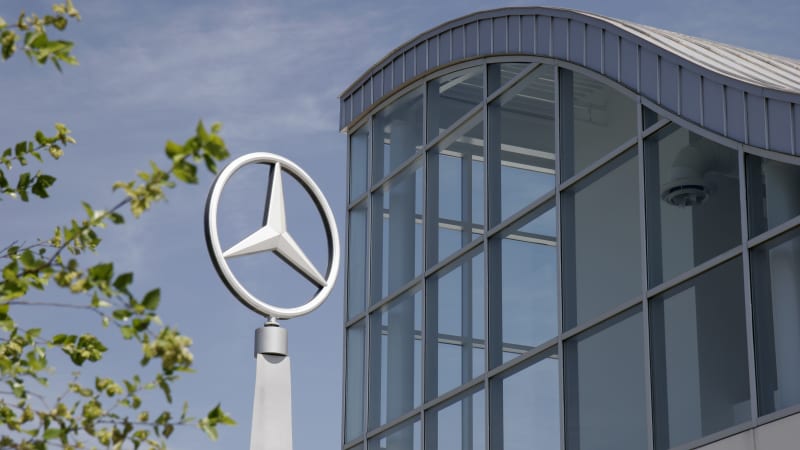Tory MPs have been busy this past week and probably not found the time to watch Shardlake, the adaptation of CJ Sansom’s book set during the dissolution of the monasteries in the 1530s, but once the dust has settled from last week’s elections they might want to take a look.
This was a turbulent period. Having forced through his own version of Brexit through the break with Rome, Henry VIII then in effect nationalised the assets of religious houses dotted around England, Wales and Ireland. It was a seminal moment in the development of British capitalism and the nation state.
But what should alarm Rishi Sunak is the speed with which the monasteries went from being a mighty presence in the land to extinction. A process that began in 1536 was pretty much over by 1540.
Something similar could be happening to the Tory party today. Less than five years ago, the Conservatives won an 80-seat majority at the 2019 general election. On the basis of last week’s evidence from local elections they will do well to avoid a complete wipeout next time round. Andy Street’s defeat in the West Midlands mayoral race showed how bad things are for the prime minister.
Sunak still hopes an improving economy will boost his party’s survival hopes and there are three pieces of economic news coming up in the next two weeks that ought to be helpful: the interest-rate decision by the Bank of England on Thursday, the growth figures on Friday and the inflation numbers the following week.
The Bank’s monetary policy committee is not going to cut borrowing costs immediately but it is expected to send out a signal that a reduction will not be long in coming. The first move could come in late June, but mortgage rates will come down before that if the hint of an impending cut is strong enough.
On the following day, Office for National Statistics figures will show that the UK emerged from last year’s shallow recession in the first three months of 2024, with the economy expanding by 0.3% or 0.4% in the first quarter of the year.
Finally, the latest bulletin on the cost of living is likely to show the annual inflation rate in April dropping from 3.2% to somewhere close to the government’s 2% target, mainly due to the previous year’s big jump in domestic energy bills not being replicated this year.
The exit from recession and the fall in inflation will allow Sunak to say the economy has turned a corner, something the shadow chancellor, Rachel Reeves, will dispute in a speech this Tuesday.
Reeves says there is a gulf between the message from Sunak and the chancellor, Jeremy Hunt, and what voters think is happening, and that the public doesn’t buy the idea that things are getting better.
There are reasons for that, Reeves will argue. The first is that numbers on a graph – this one going down, another going up – mean very little to people. The inflation rate is falling but that means prices are simply rising at a slower rate. The cost of the weekly shop for the average family is 25% higher than it was two years ago.
A second reason why the Conservatives are not seeing any benefit from the economy is that Hunt and Sunak are celebrating a distinctly average performance. The UK, according to the latest forecast from the Organisation for Economic Cooperation and Development, will grow by just 0.4% in 2024, which would make it the second worst in the G7 group of large industrial nations after Germany.
Likewise, an inflation rate of 2% might look good in comparison with its 11.1% peak in October 2022 but merely means the Bank of England is doing what it is supposed to do.
after newsletter promotion
There is obviously an element of political calculus in the timing of Reeves’s speech. She wants to get her retaliation in first, before ministers hit the news studios to trumpet that happy times are here again. While the shadow chancellor intends to leave nothing to chance, she has little to worry about.
Quarterly growth of 0.3-0.4% would be fine for a government 20-25 points behind in the polls if this were midterm, but not for a government fast approaching a general election. There is always a lag before better news feeds through into the public consciousness and on this occasion there are reasons – Partygate, Liz Truss’s brief premiership and NHS waiting lists for example – why the process is taking longer than usual.
The Conservatives say that voters don’t seem particularly keen on Labour either – and they are right about that. There is none of the enthusiasm for Sir Keir Starmer that there was when Tony Blair was leader of the opposition before the 1997 election.
This, though, is worse news for Sunak and Hunt than it is for Starmer and Reeves. Voters are unwilling to give the Conservatives a hearing under any circumstances and expectations are so low for Labour that it wouldn’t take much to exceed them.
There will be no victory from the jaws of defeat, as there was in 1992. The economy is going to remain in a low gear at least until the election, so the best the prime minister and chancellor can hope for is damage limitation.
The Conservative party has proved to be a formidable election-winning machine but the lessons from history are there. Following their split over the repeal of the Corn Laws in 1846 it took 28 years for the Conservatives to form another majority government.
The result of the general election is not in doubt. A more intriguing question is whether the Tories survive defeat or go the way of the monasteries.







